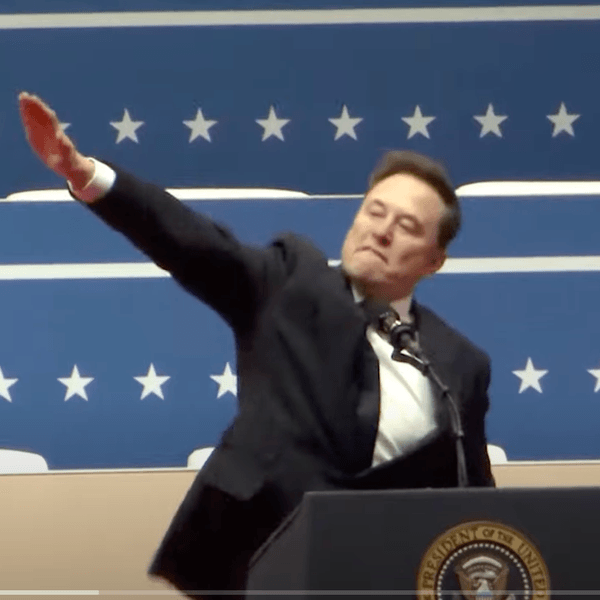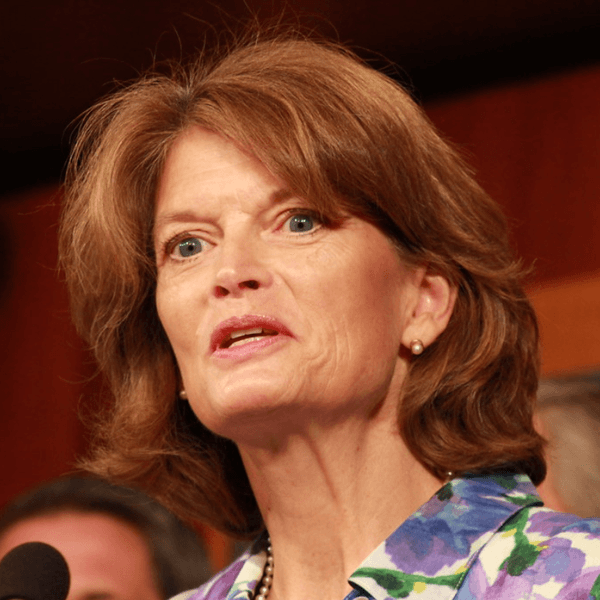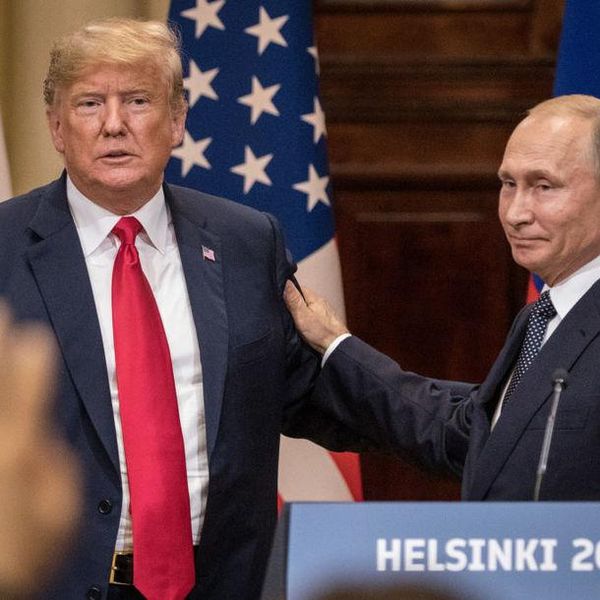
Is America ready for a two-woman presidential ticket?
It certainly seems the Clinton campaign is considering the question. Hillary Clinton has made a high profile public appearance recently with Sen. Elizabeth Warren of Massachusetts. They clicked so well that the Washington Post called them the “it” couple of Democratic politics.
At a rally in Ohio, Sen. Warren spoke with her customary sassy brilliance as Clinton looked on warmly. Warren for weeks has taken to Twitter to aim her quick wit and sharp invective at the presumptive GOP nominee, Donald Trump. She showed she can play the role of the mean girl against the bully. She goaded Trump for his “goofy” hat, his simplistic sloganeering and his elite birth. Women cheered at the display of saucy sisterhood.
The public display of friendship seems to be a trial balloon, and many wondered when it would be burst by the pinprick of reality.
Two women? Could voters possibly be progressive enough to support such an estrogen-heavy ticket?
Some turned the question around: Who second-guesses a ticket with two men? Nobody, because we’ve been doing it that way for centuries.
True. But sexism is a fact of American politics. It will be front and center with Trump in the presidential race. The man cannot shape-shift into a gentleman no matter how much the GOP establishment works to improve him.
The unsettling reality is that Donald Trump can get elected to the White House by being a jerk. Hillary Clinton cannot.
Voters need to like female candidates more than they do male candidates. They can dislike a man running for office and still regard him as qualified and electable.
Likeability is not a litmus test for men. It tends to be for women, according to research by Celinda Lake, a Democratic pollster. And many people, even Democratic-leaning women, do not like Clinton all that much.
Another finding is that voters seldom think that woman candidate wins a debate with a male opponent. That might have something to do with assumptions about presentation — how a man can be viewed as tough and strong, whereas a woman with similar posturing will be viewed in a negative light. A man is still the model for what people view as a politician. Both genders tend to be more questioning of the qualifications of female candidates.
The 2016 presidential race exemplifies this. The idea that a virtual political nobody like Trump can be held on the same plane as a person like Clinton, with a long and distinguished record of public service, is offensive.
These are the unfair headwinds Hillary Clinton has to face.
Yet there are promising signs for her. Eighty percent of unmarried women support Clinton, according to polls, and she has a substantial lead among women voters generally. In fact, 2016 will be the first time that a majority of vote-eligible women are projected to be unmarried. Those numbers could easily turn the election in all states, according to Celinda Lake.
But alas, polling can only predict so much. Lake emphasizes that demography is not destiny. Voters have to turn out.
To some extent, this campaign can be about challenging sexism. But it would be foolish to underestimate the extent to which such bias persists and will motivate voters.
The same goes even if Clinton wins the White House. Women and girls will not suddenly be viewed as equals and treated with respect any more than African-Americans felt racial bias and discrimination lift from their lives with the election of Barack Obama. In fact, racism became in many ways more overt after Obama was inaugurated. One need only consider the widespread belief among white Republicans that Obama has divided the nation racially. (No, his presence in the White House just held the mirror up to America.)
Sexism will be similar for Clinton. It’s dying, slowly. Women are certainly far better off in work and home life than they were decades ago. But gender bias affects women and girls every minute of the day — in subtle digs, unrecognized effects of long-held beliefs as well as blatant verbal attacks. It’s not fair. It’s not right. But it is America, 2016. And it will impact the election.
Lake has another prediction: When the big money gets out and civility returns to American politics, you’ll see more women running for office. And more women candidates may also bring out more women voters.
The problem is that we are not there yet. We live in a time when Donald Trump can be seriously considered as a candidate to lead the greatest nation on Earth. We clearly have work to do.
Mary Sanchez is an opinion-page columnist for The Kansas City Star. Readers may write to her at: Kansas City Star, 1729 Grand Blvd., Kansas City, Mo. 64108-1413, or via e-mail at msanchez@kcstar.com.
Photo: Hillary Clinton after being introduced by Senator Elizabeth Warren at a campaign rally in Cincinnati, Ohio. REUTERS/Aaron Josefczyk








